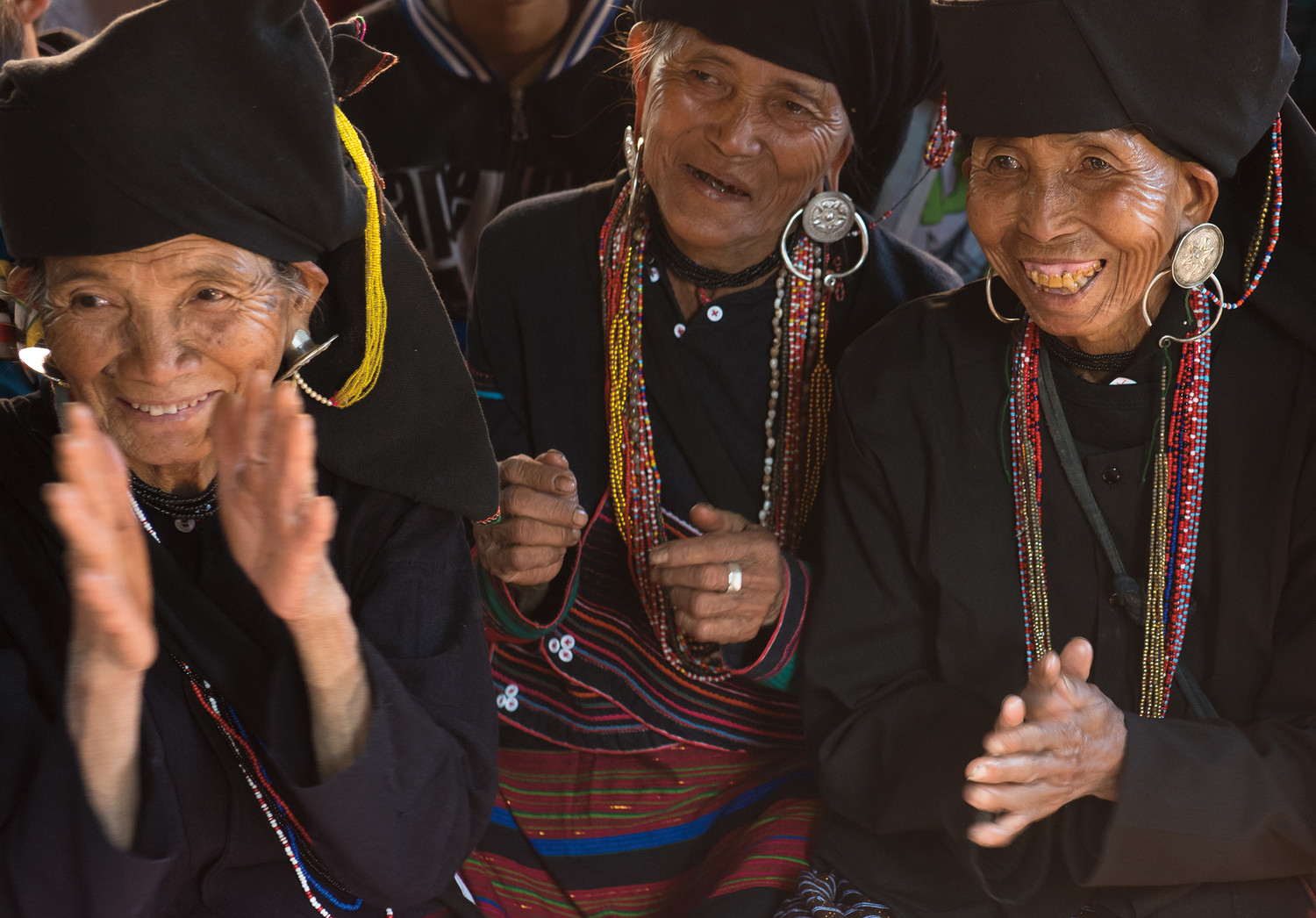If you ask the average Canadian what a Wycliffe Bible Translators does, they can usually make an educated guess. But our work goes way beyond translating the Bible.
Over the years, Word Alive has cast light on Wycliffe’s work to create special fonts used in languages with non-Roman scripts; to promote literacy; to advance multilingual education and to survey languages to determine translation needs. These and other disciplines are broadly summarized as “language development”—activities that enable a given people group to use its own language more effectively for the overall good of its speakers.
This year has given us new opportunities to highlight our work in language development. In January, a National Post article illuminated the 50 years of incarnational work Ruth Thomson has done among the Kayapo people in Brazil. The article draws particular attention to the long-term impact of writing down history and customs in a language, increasing literacy and preserving culture. Last year, Prime Minister Justin Trudeau drew attention to the importance of indigenous languages in restoring pride, identity, belonging and culture among Canada’s Aboriginal peoples. The prime minister stated that activities to restore those languages would lower the rate of suicide among First Nations young people. We featured such language and culture preservation work among the Cree in Faith Today and Word Alive magazine issues in January.
We engage in all of this foundational work for several reasons. As our brothers and sisters at the Canada Institute of Linguistics (CanIL) often point out, God created language and cloaked our cultural identities around language. So the process of studying a language and uncovering its unique rules and structure, and its distinctive way of expressing an idea, lets us see more of God's love for diversity. In fact, every language sheds light on who God is. For instance, in my recent travels, a mother-tongue translator told me of a word in his language that describes one who provides and cares for us, and can only refer to God.
Moreover, the act of living in a community and learning its language mirrors God’s incarnation. As we care for people through their language, we are ministering to them at a heart level. I'm beginning to think of this work as "language ministry."
All of these activities are important. However, they don't get us out of bed in the morning like the one thing that has the most impact on a language group: the Bible in the language that speaks at a heart level. Language development is foundational to our ultimate vision: that all peoples will be transformed by encountering Jesus through the Word of God, when it is translated into their language and culture.
In short, we believe that an Open Book is transformational. We've staked our lives and ministry on the fact that God speaks and works through His Word.
CanIL is united with us in this passion. In November, Wycliffe Canada’s board met at CanIL and attended a couple of classes. They were impressed at the depth and breadth of the training needed for Wycliffe personnel to engage in Bible translation, to promote use of translated Scriptures and do language ministry. They were also impacted by the passion of CanIL faculty.
So it’s a joy to feature this crucial partner in this issue of Word Alive. May God continue to use CanIL to prepare students—from Canada, the U.S., Trinidad, Norway, wherever—to go out to the nations, until every people group knows the love of God through their language.
•••••
